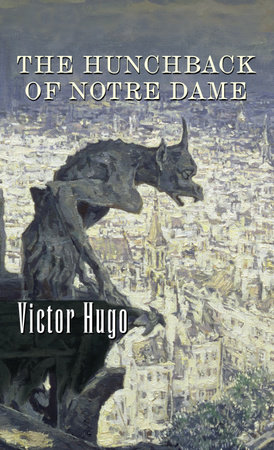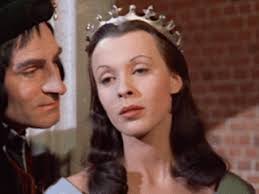In Act 2, Scene 3 we gain an insight to the way the citizens feel about Richard the Third becoming King. The story takes a step back for the readers to look at everything in front of them and not just the one perspective stories give you to focus on. Instead of only reading the thoughts of the main cast, Shakespeare shares the opinions of three citizens to help the reader open their eyes and see the full truth behind what is happening. The first citizen is fearful and states, "Bad news, by'r lady; seldom comes the better. I fear, I fear 'twill prove a giddy world"(Act 2, Scene 3, Line 5). The second citizen however is optimistic about the future, "Come, come, we fear the worst; all shall be well"(Act 2, Scene 3, Line 31). The third citizen does not think they are in good hands if Richard the Third were to rule, "O, full of danger is the Duke of Gloucester" (Act 2, Scene 3, Line 27). The three citizens in this scene speak about how they feel Prince Edward is to young to rule, how they worry that the family seeks power with jealousy, and see Richard as dangerous. They fear what the future will bring, and Shakespeare shares that with us. I thought this was interesting because with most stories, there is only one point of view shown. An author usually only writes about the main cast and their perspectives. Because of this, the reader only gets to see the point of view from the most dominant figures, instead of getting a look at how the average, outside people feel about those dominant figures. Shakespeare brings out minor figures that were once irrelevant and lets the readers see another point of view to open their mind from all angles on what is really happening in the story

The glasses indicate another way to see things.
.





